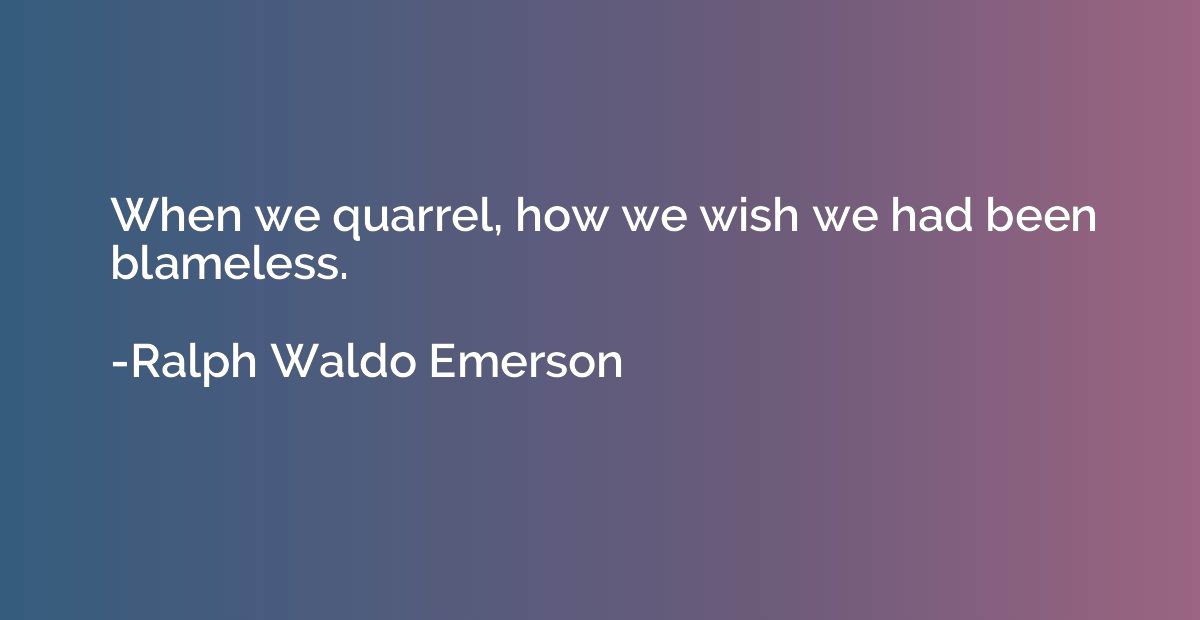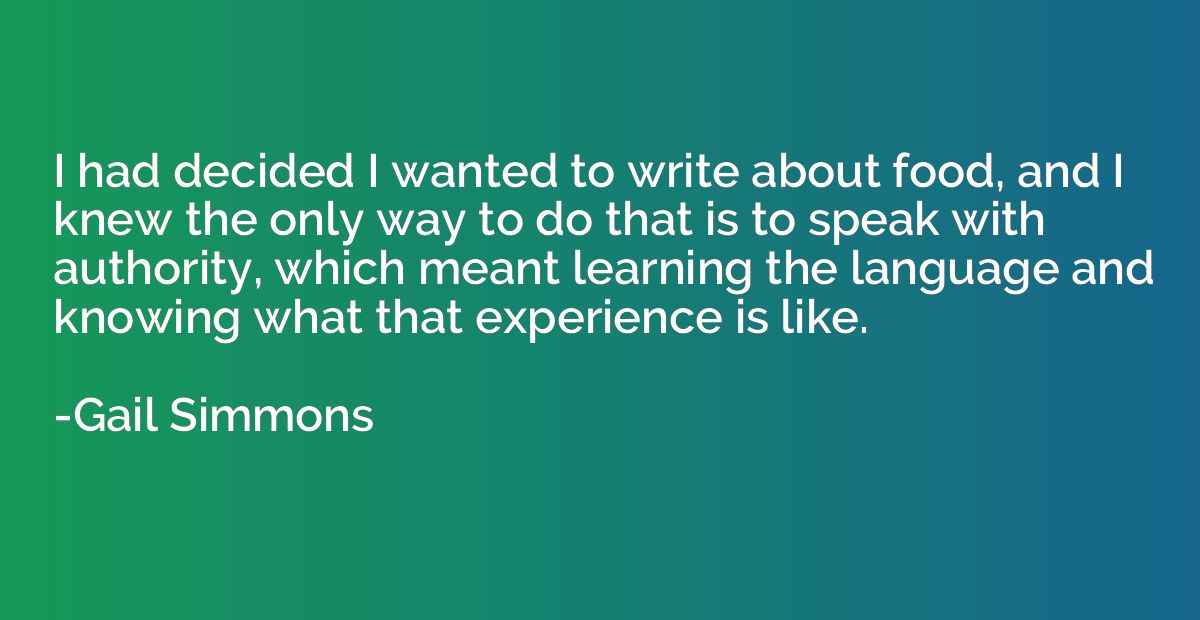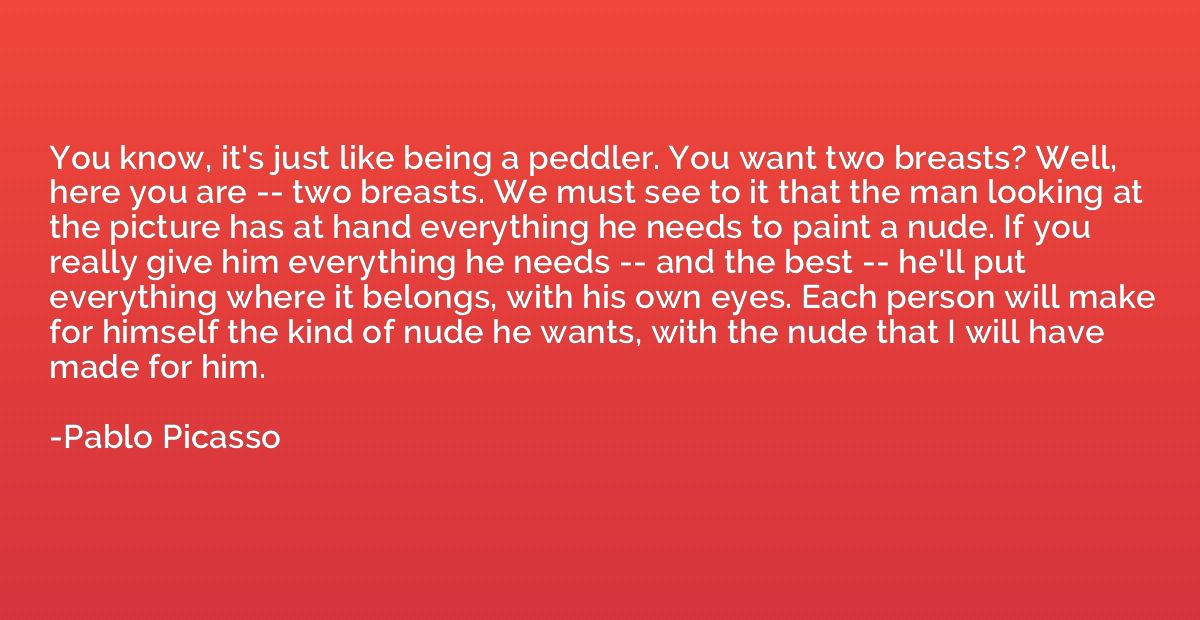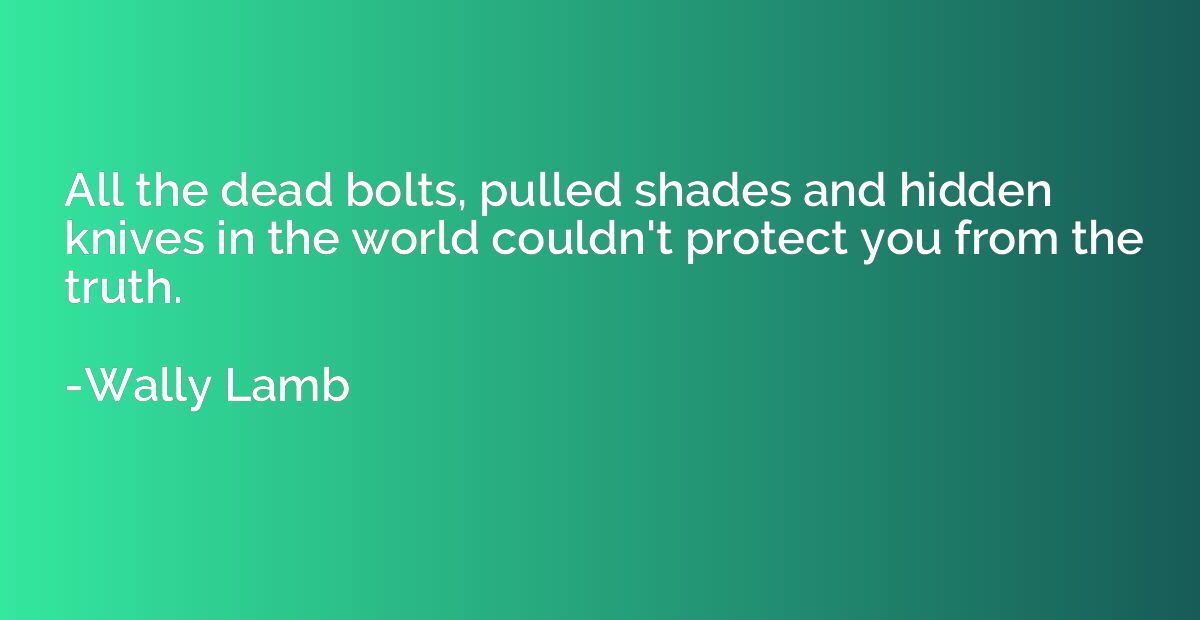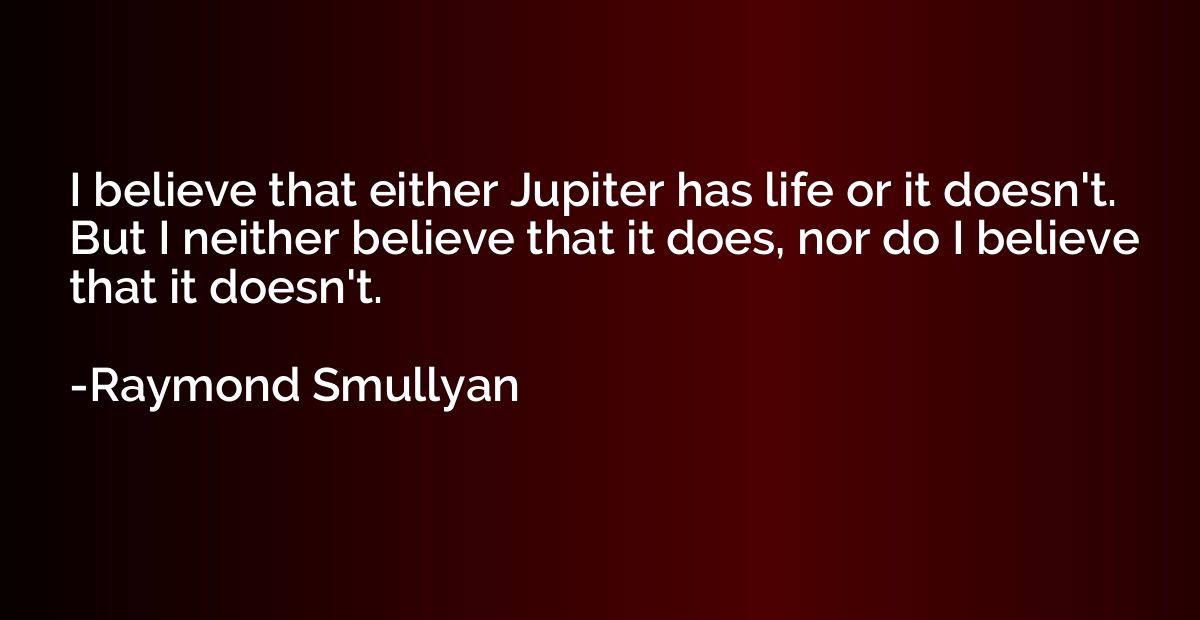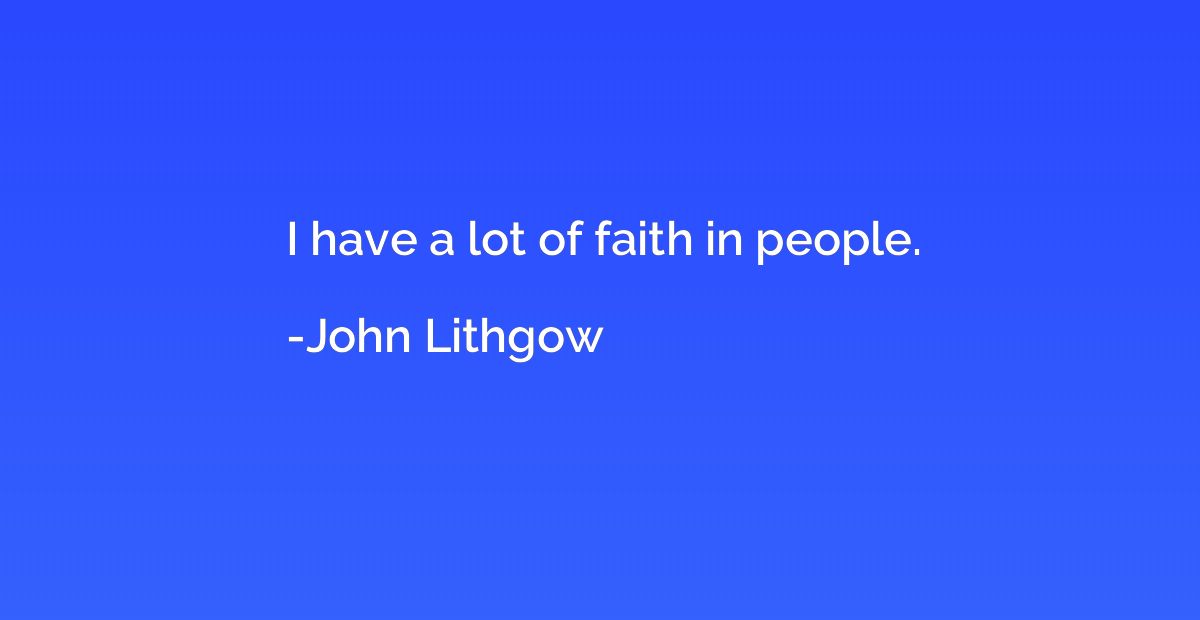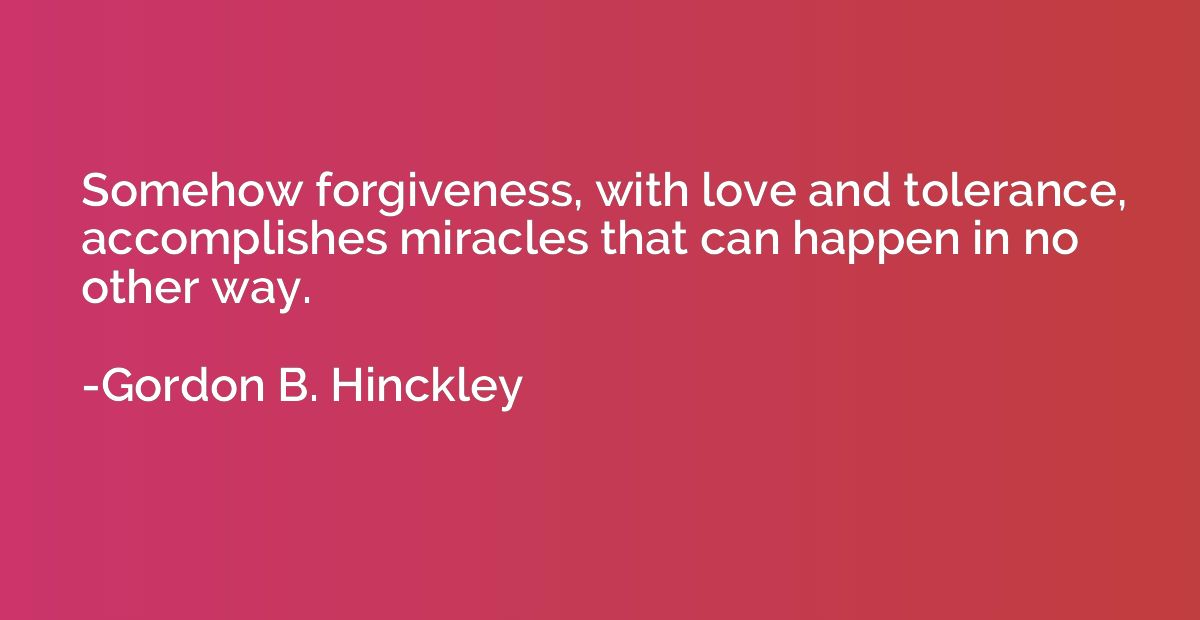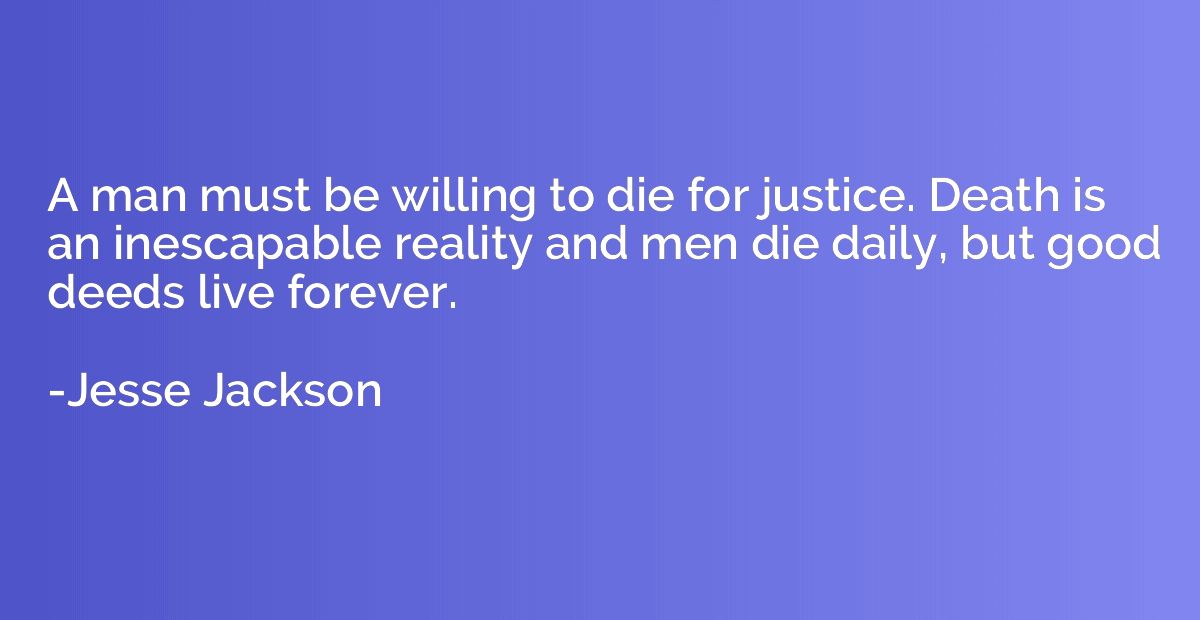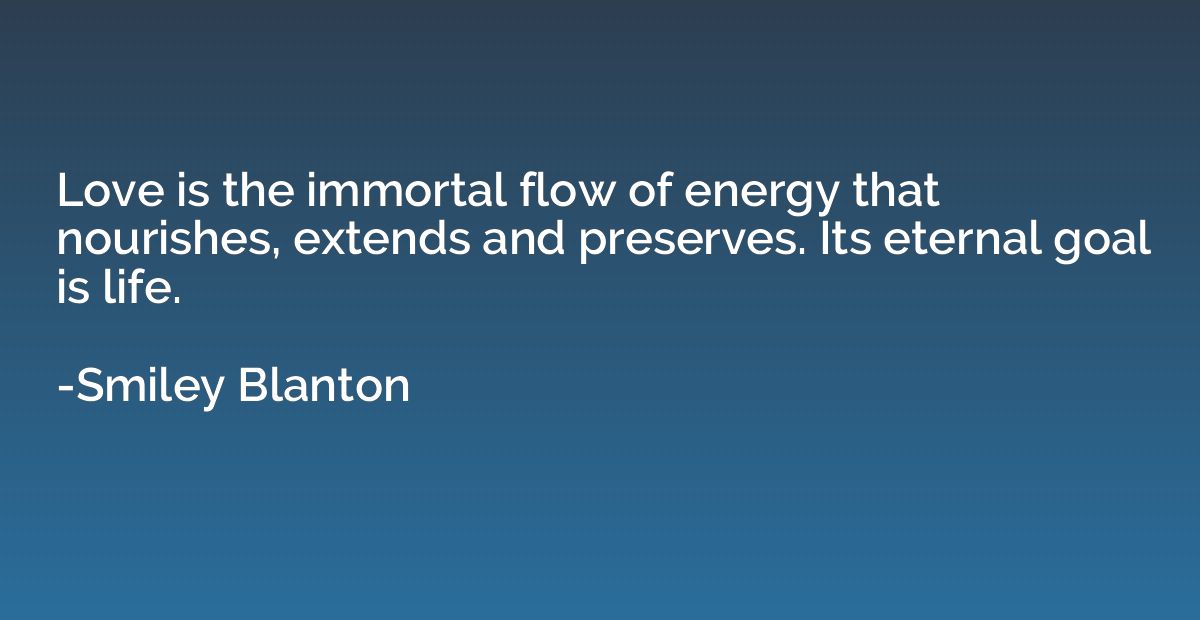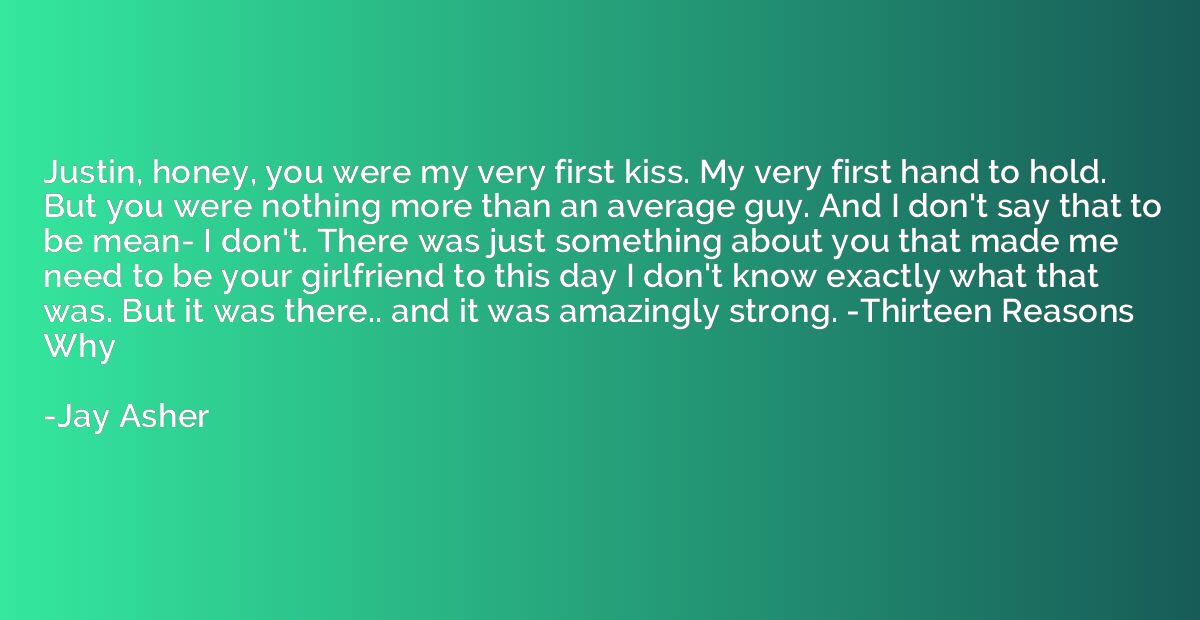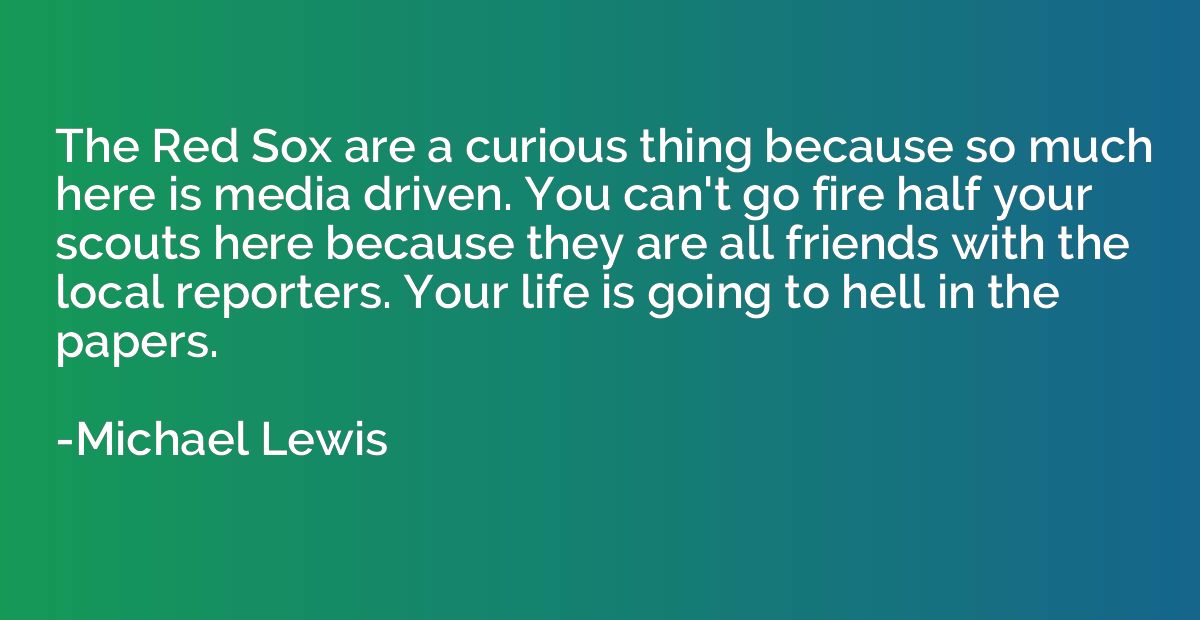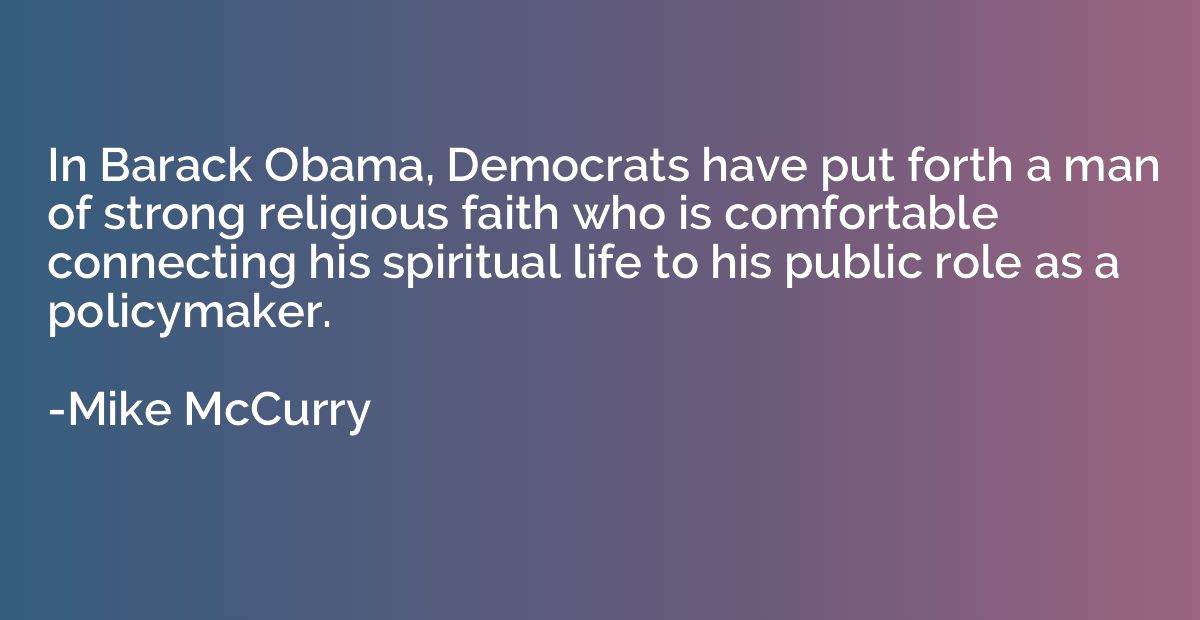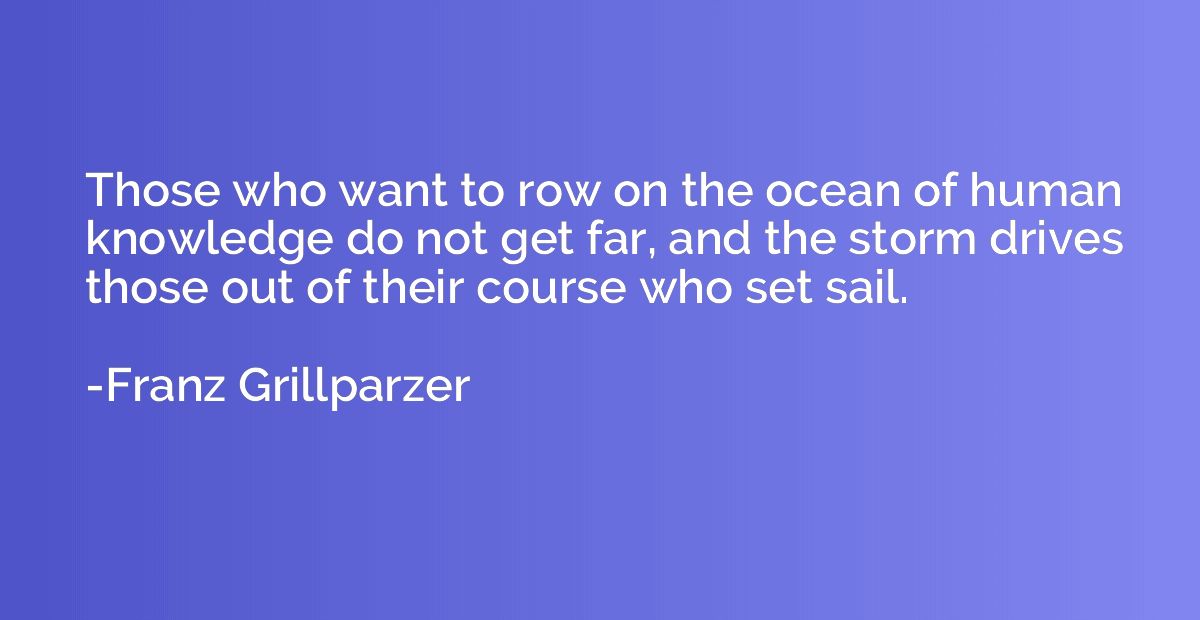Summary
This quote suggests that during conflicts or arguments, it is common for individuals to regret their own faults and wish they hadn't played a part in the disagreement. It emphasizes the desire for personal perfection and emphasizes the importance of personal responsibility and accountability in resolving conflicts. It highlights that often, in retrospect, people wish they had acted differently and been free from blame during disagreements.
